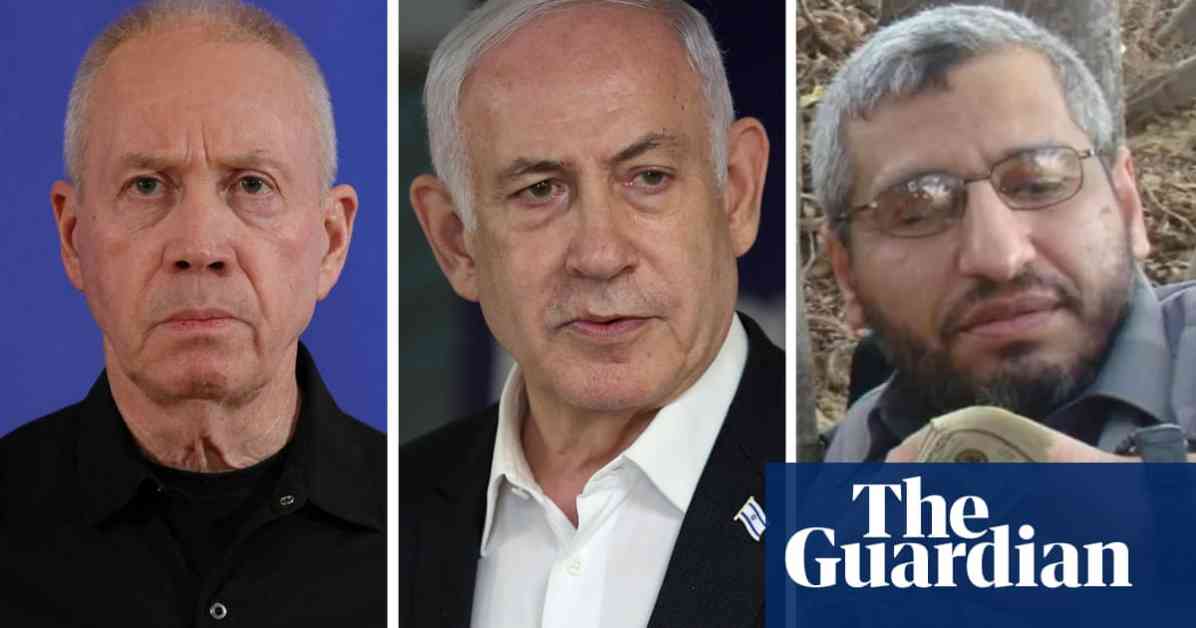The International Criminal Court (ICC) has issued arrest warrants for Israeli Prime Minister Benjamin Netanyahu, former Defense Minister Yoav Gallant, and Hamas military leader Mohammed Deif for alleged war crimes during the Gaza war. This marks the first time that leaders of a democracy and western-aligned state have faced charges from the court, a significant moment in its 22-year history.
Netanyahu and Gallant now face the risk of arrest if they travel to any of the 124 countries that signed the Rome Statute establishing the court. Despite Israel’s claim that Deif was killed in an airstrike in July, the court’s pre-trial chamber will continue to gather information to confirm his death.
The three-judge panel ruled that there were reasonable grounds to believe that Netanyahu and Gallant were criminally responsible for war crimes, including the war crime of starvation as a method of warfare, as well as crimes against humanity such as murder, persecution, and other inhumane acts. Deif was also implicated in crimes against humanity and war crimes, including murder, torture, rape, and hostage-taking in connection with a Hamas attack on Israel in October 2023.
Netanyahu’s office denounced the chamber’s decision as “antisemitic” and rejected the charges as false and absurd. The office highlighted an investigation into the ICC prosecutor Karim Khan’s alleged sexual misconduct, suggesting bias in the court’s actions. The US has previously supported ICC war crimes warrants against Russian officials but criticized the pursuit of Netanyahu and Gallant, leading to accusations of double standards.
The warrants were welcomed by human rights groups, with Human Rights Watch emphasizing the importance of holding individuals accountable for their actions. Despite Israel denying war crimes in Gaza and rejecting the court’s jurisdiction, the ICC noted that Palestine’s membership in the court allowed for investigations into crimes committed on Palestinian territory.
The warrants come at a sensitive time for Khan, who is facing an investigation into claims of sexual misconduct. The external pressure from the arrest warrants could impact Netanyahu’s government as the US seeks to broker a ceasefire between Israel and Hamas. However, the warrants may also strengthen Netanyahu’s political position in Israel as many Israelis reject the ICC’s jurisdiction.
Overall, the issuance of arrest warrants for Netanyahu, Gallant, and Deif represents a significant development in holding leaders accountable for alleged war crimes. The international community’s response to these warrants and the ongoing tensions in the region will continue to shape the future of Israeli-Palestinian relations.












